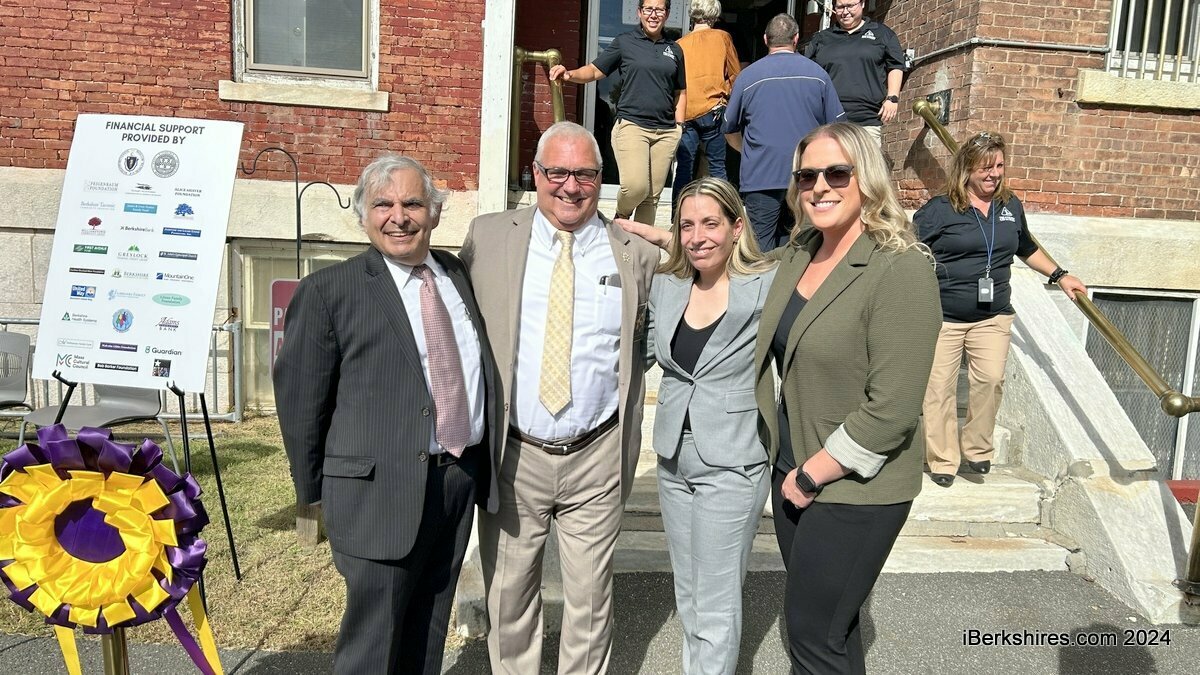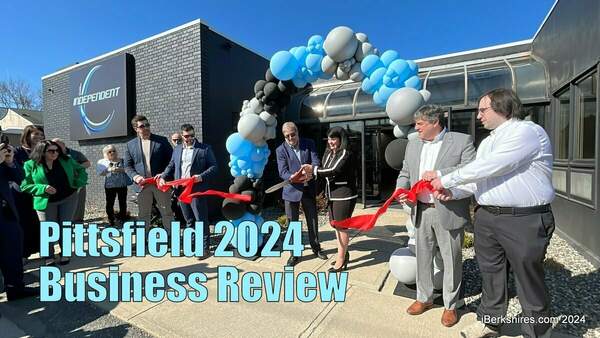Governor Signs Bill Expanding Access to Substance Use Treatment and Recovery Support
BOSTON — Gov. Maura Healey has signed an Act relative to treatments and coverage for substance use disorder and recovery coach licensure, which makes treatment and recovery support more affordable and accessible for residents living with substance use disorder.
The legislation expands access to lifesaving opioid reversal medications like naloxone and ensures they are covered by health insurance. It also introduces measures to support the well-being of infants with prenatal substance exposure and their caregivers.
"Over the course of my career, I’ve been motivated by those who have tragically lost loved ones to the opioid crisis that is impacting all of our communities. Their stories have served as important reminders of the urgent need to increase treatment, prevention, and recovery services to save lives," said Healey. "I’m proud to sign this bill that will expand access to lifesaving overdose reversal medications and coaching throughout the recovery process. I’m grateful to our partners in the Legislature for their leadership in making sure Massachusetts continues to be a national leader in the fight against the opioid crisis."
Key provisions of the bill include:
- Mandatory insurance coverage for opioid reversal drugs: Health plans must cover emergency opioid antagonists (EOAs) like naloxone and Narcan without cost-sharing or prior authorization. Hospitals and treatment facilities are required to educate patients on EOAs and provide at least two doses upon discharge for those with a history of overdose or opioid use disorder.
- Life insurance protections: Life insurance companies cannot limit or deny coverage based on EOA history.
- Expanded non-opioid pain treatment options: Insurance providers must ensure adequate coverage for pain management services, including non-opioid alternatives, without prior authorization.
- Recovery coaching support: Health plans must cover recovery coach services without cost-sharing or prior authorization, meeting at least MassHealth reimbursement rates.
- Recovery coach licensure: Establishes licensing and oversight for recovery coaches through the Department of Public Health (DPH), including peer support programs and studies on barriers to certification and credentialing.
- Harm reduction protections: Provides criminal and civil liability protections for individuals using or providing fentanyl test strips or other drug-testing equipment in good faith.
- Support for substance-exposed infants: Introduces collaborative assessments of parental capacity and infant safety, ensuring that stable recovery does not automatically result in reports of abuse or neglect.
















